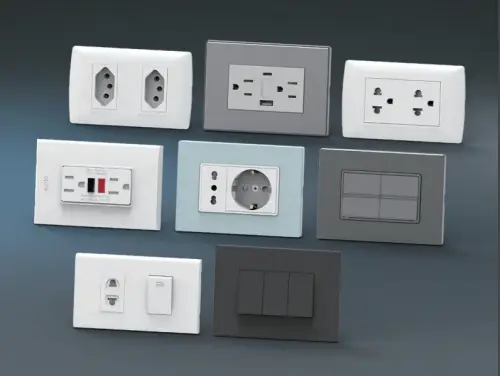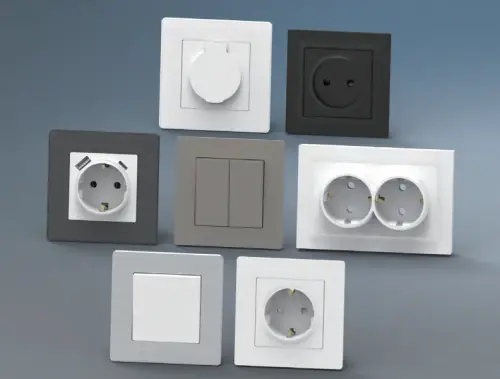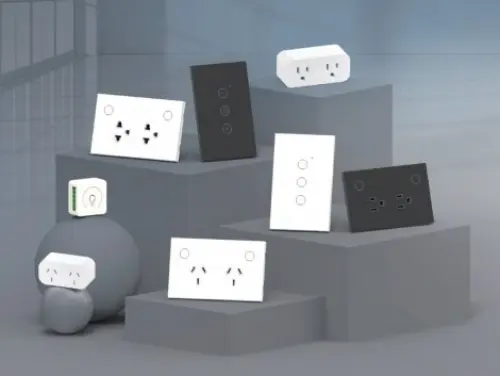Brazil is unique when it comes to electrical sockets. This is because the country has transitioned to a newer, standardized plug type in recent years. Although older plug types are still in limited use.
This post is designed to help you understand the electrical sockets used in Brazil. Let’s unpack the standards, safety measures, and tools you’ll need to power up in Brazil.
Brazil primarily uses Type N sockets. These have a design that was introduced to create a standardized electrical outlet across the country. However, older systems featuring the Type C plug are still encountered in specific locations.
To grasp the landscape of Brazil’s electric socket standards, it’s essential to explore these types in detail.
The Type N socket is the official standard for Brazil’s power socket type. It is specified under the NBR 14136 standard, adopted in 2011. Its design prioritizes electrical safety and compatibility.

The Type N socket is distinct from sockets in most other countries. This fact may raise questions like, “Is Brazil plug the same as Europe?” While it shares similarities with European Type C plugs, it differs significantly due to its grounding mechanism and overall design.
Although Brazil has transitioned to the Type N socket, the Type C plug remains in use. This type is particularly found in older buildings or for small appliances.

One of the more confusing aspects of Brazil’s electric socket usage is the dual-voltage system. Different regions of Brazil operate on distinct voltage standards:
This dual system necessitates careful consideration when plugging in devices, especially for travelers. Many appliances sold in Brazil are designed for dual-voltage operation, but foreign devices may require a voltage converter.
In addition to voltage differences, the electrical frequency in Brazil is 60Hz. This is consistent across the country. It leads to the simplification of appliance compatibility as compared to voltage. Travelers visiting Brazil should ensure their devices support 60Hz frequency to avoid performance issues.
The NBR 14136 standard established the Type N socket as Brazil’s official power outlet. This shift was designed to:
Despite the transition, the legacy of Type C plugs remains in older buildings, highlighting the gradual pace of infrastructure updates.
Brazil’s electrical infrastructure is governed by rigorous electrical safety standards. This is particularly true for newer installations using Type N sockets. Key safety measures include:
Grounding is a crucial safety feature integrated into modern electrical systems, including Brazil’s Type N sockets. The grounding mechanism adds an extra layer of protection against electrical faults. These may include power surges or wiring malfunctions. Here’s how it works:
Some countries use flush sockets that leave the pins partially exposed. On the other hand, Brazil’s recessed design aligns with international safety standards.
The adoption of standardized Brazilian power outlets, particularly the Type N socket, has streamlined electrical compatibility across the country. This standardization accomplishes two things:
For travelers and expatriates, understanding the nuances of Brazil’s power socket type is crucial. Here’s what you need to know:
To connect foreign devices to Brazilian power outlets, a plug adapter is essential. Universal adapters typically support both Type N sockets and Type C plugs.
Devices not designed for dual-voltage operation require a converter. Always verify the voltage compatibility of your appliances before use.
Most modern appliances, like smartphones and laptops, are designed for 110V and 220V operation. Check the voltage label on your device to confirm.
| Aspect | Details |
| Primary Socket Type | Type N socket (Standardized under NBR 14136 standard). |
| Legacy Socket Type | Type C plug (Still found in older installations). |
| Voltage in Brazil | Dual voltage system: 110V and 220V, varying by region. |
| Electrical Frequency | 60Hz, consistent nationwide. |
| Grounding Mechanism | Present in Type N sockets, absent in Type C plugs. |
| Safety Standards | Grounding, recessed sockets, and regulated voltage ensure safety. |
| Compatibility with Europe? | No, adapters are needed for European devices. |

IGOTO Electric is a leading B2B manufacturer specializing in electrical components. At IGOTO Electric, we offer products that meet international standards, including sockets compatible with Brazil’s specific requirements, ensuring reliable and safe installations for businesses operating in Brazil.


